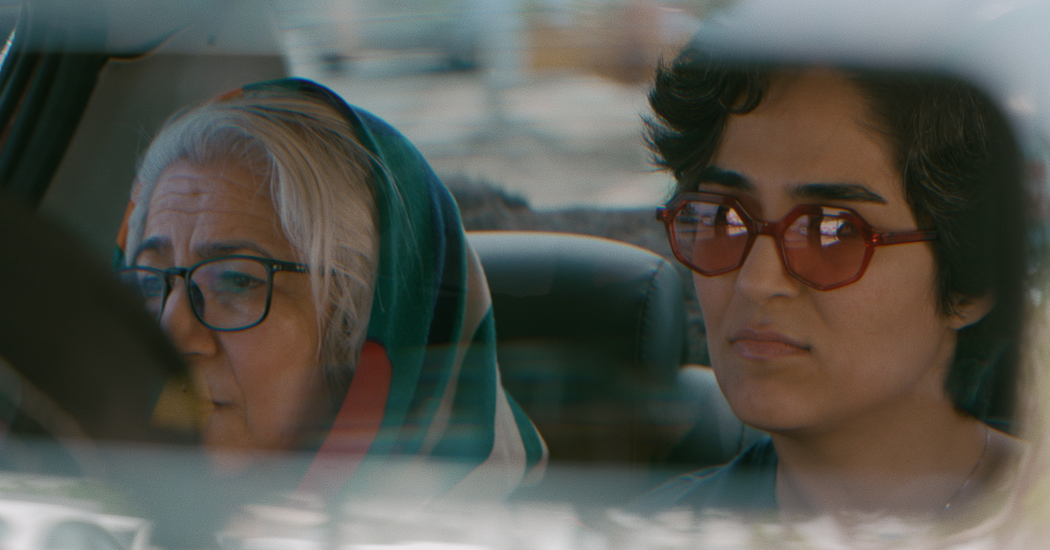Freedom of Choice vs. Religious Traditions
The article explores the complex intersection of a woman’s freedom of choice with religious traditions and the legal ramifications involved. It delves into the challenges women face when their personal autonomy is restricted by cultural or religious expectations, and how these conflicts are navigated within the legal framework. The discussion highlights various scenarios where women’s rights are compromised and the ongoing struggle to balance personal freedoms with societal norms.
Women’s Freedom of Choice vs. Religious Traditions and Law
The interplay between a woman’s right to make autonomous decisions and the constraints imposed by religious customs and legal systems creates a complex dynamic. Many women find themselves navigating a delicate balance where their personal freedoms are at odds with religious expectations or legal mandates. This tension highlights broader societal issues regarding the autonomy of women and the extent to which personal beliefs and state laws dictate personal choices.
These collisions can manifest in various forms, often affecting areas such as health care, marriage, and individual rights. Women may face pressure to conform to traditional roles or face legal repercussions if their choices are deemed non-compliant with religious doctrine or legal standards. This situation underscores the ongoing debate over individual rights versus collective cultural and religious practices, raising questions about the role of law in mediating these conflicts and the continuous struggle for gender equality within these frameworks.
Women’s Freedom of Choice and Its Clash with Religious Traditions and Legal Frameworks
The situation intensifies when legal frameworks come into play, often acting as a battleground for these conflicting ideologies. Courts frequently become the arenas where the validity of personal freedoms is weighed against the preservation of religious customs. These legal decisions can set important precedents, further influencing how such interactions unfold across different societies. Ultimately, while laws may aim to balance these competing interests, achieving a true equilibrium remains a complex and evolving challenge.
Religious Traditions and Legal Conflicts
The intersection of personal freedom and religious traditions often results in complex legal challenges. When a woman’s right to make choices about her life encounters established religious norms, it can lead to societal and legal dilemmas. These challenges highlight the ongoing struggle to balance individual liberties with respect for long-standing beliefs and cultural practices. Finding common ground often requires dialogue and understanding, as well as a willingness from both individuals and religious communities to work together towards solutions that respect both personal autonomy and religious values.
The impact of religious practices on female autonomy
In addressing the complex interplay between a woman’s autonomy, religious customs, and legal frameworks, it’s clear that balance and understanding are paramount. Navigating these intersections requires sensitivity and respect for diverse perspectives, ensuring that all voices are heard in the ongoing dialogue about rights and traditions. Ultimately, fostering an environment where freedom, faith, and law can coexist is essential for harmonious coexistence and progress.














Post Comment